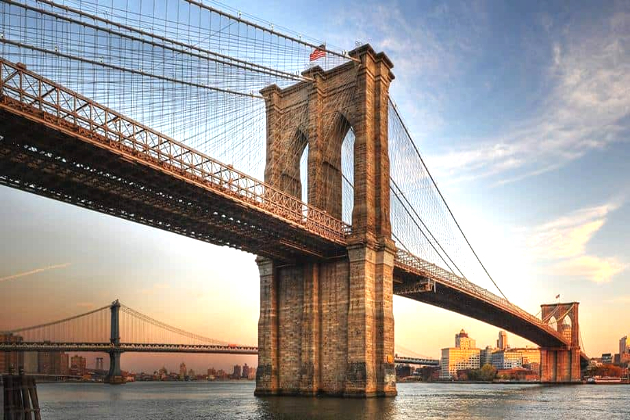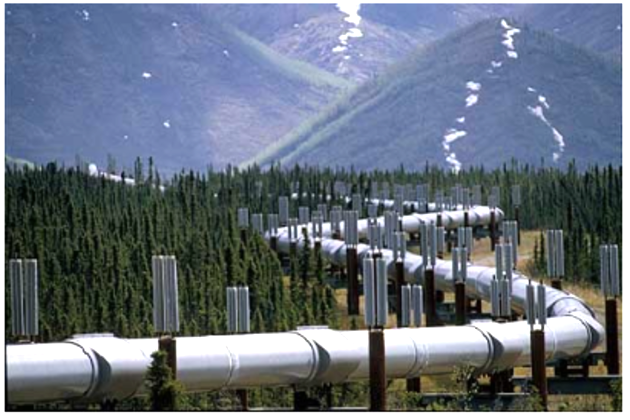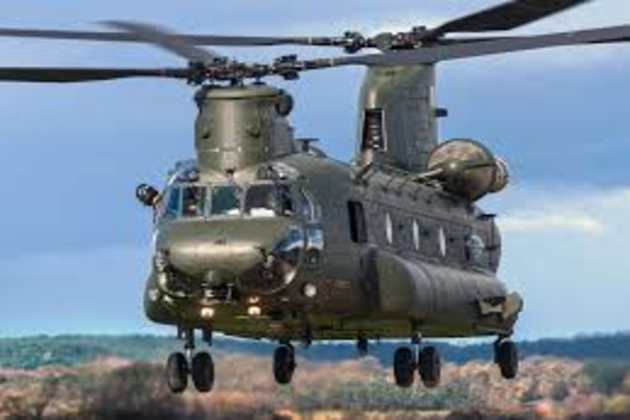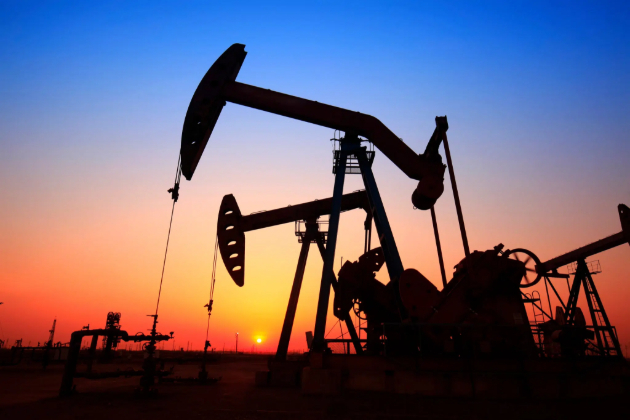How many ice ages has the Earth had, and could humans live through one?
The Conversation
27 Jun 2022, 19:11 GMT+10

Curious Kids is a series for children of all ages. If you have a question you'd like an expert to answer, send it to [email protected].
First, what is an ice age? It's when the Earth has cold temperatures for a long time - millions to tens of millions of years - that lead to ice sheets and glaciers covering large areas of its surface.
We know that the Earth has had at least five major ice ages. The first one happened about 2 billion years ago and lasted about 300 million years. The most recent one started about 2.6 million years ago, and in fact, we are still technically in it.
So why isn't the Earth covered in ice right now? It's because we are in a period known as an "interglacial." In an ice age, temperatures will fluctuate between colder and warmer levels. Ice sheets and glaciers melt during warmer phases, which are called interglacials, and expand during colder phases, which are called glacials.
Right now we are in the most recent ice age's warm interglacial period, which began about 11,000 years ago.
What was it like during the ice age?
When most people talk about the "ice age," they are usually referring to the last glacial period, which began about 115,000 years ago and ended about 11,000 years ago with the start of the current interglacial period.
During that time, the planet was much cooler than it is now. At its peak, when ice sheets covered most of North America, the average global temperature was about 46 degrees Fahrenheit (8 degrees Celsius). That's 11 degrees F (6 degrees C) cooler than the global annual average today.
That difference might not sound like a lot, but it resulted in most of North America and Eurasia being covered in ice sheets. Earth was also much drier, and sea level was much lower, since most of the Earth's water was trapped in the ice sheets. Steppes, or dry grassy plains, were common. So were savannas, or warmer grassy plains, and deserts.
Many animals present during the ice age would be familiar to you, including brown bears, caribou and wolves. But there were also megafauna that went extinct at the end of the ice age, like mammoths, mastodons, saber-toothed cats and giant ground sloths.
There are different ideas about why these animals went extinct. One is that humans hunted them into extinction when they came in contact with the megafauna.
Wait, there were humans during the ice age?!
Yes, people just like us lived through the ice age. Since our species, Homo sapiens, emerged about 300,000 years ago in Africa, we have spread around the world.
During the ice age, some populations remained in Africa and did not experience the full effects of the cold. Others moved into other parts of the world, including the cold, glacial environments of Europe.
And they weren't alone. At the beginning of the ice age, there were other species of hominins - a group that includes our immediate ancestors and our closest relatives - throughout Eurasia, like the Neanderthals in Europe and the mysterious Denisovans in Asia. Both of these groups seem to have gone extinct before the end of the ice age.
There are lots of ideas about how our species survived the ice age when our hominin cousins did not. Some think that it has to do with how adaptable we are, and how we used our social and communication skills and tools. And it appears that humans didn't hunker down during the ice age. Instead they moved into new areas.
For a long time it was thought that humans did not enter North America until after the ice sheets started to melt. But fossilized footprints found at White Sands National Park in New Mexico show that humans have been in North America since at least 23,000 years ago - close to the peak of the last ice age.
Hello, curious kids! Do you have a question you'd like an expert to answer? Ask an adult to send your question to [email protected]. Please tell us your name, age and the city where you live.
And since curiosity has no age limit - adults, let us know what you're wondering, too. We won't be able to answer every question, but we will do our best.
Author: Denise Su - Associate Professor, Arizona State University 
 Share
Share
 Tweet
Tweet
 Share
Share
 Flip
Flip
 Email
Email
Watch latest videos
Subscribe and Follow
Get a daily dose of Albuquerque Express news through our daily email, its complimentary and keeps you fully up to date with world and business news as well.
News RELEASES
Publish news of your business, community or sports group, personnel appointments, major event and more by submitting a news release to Albuquerque Express.
More InformationInternational
SectionNTSB calls for urgent safety checks on 68 US bridges, including icons
WASHINGTON, D.C.: The U.S. National Transportation Safety Board (NTSB) has called for urgent safety checks on 68 bridges, including...
US expands oil, gas leasing and eases Alaska energy restrictions
WASHINGTON, D.C.: U.S. Interior Secretary Doug Burgum has announced plans to open more land for oil and gas drilling in Alaska and...
Lawmakers push for fewer military flights in Washington D.C. area
WASHINGTON, D.C.: Ten Democratic lawmakers in the U.S. House of Representatives have asked the Pentagon to reduce military training...
Delta crash-landing probe finds dangerous descent before touchdown
TORONTO, Canada: An initial investigation into last month's dramatic Delta Air Lines crash-landing in Toronto has revealed that the...
New York court blocks law allowing over 800,000 non-citizens to vote
NEW YORK CITY, New York: New York State's highest court has struck down a law this week that would have allowed over 800,000 legal...
40 times more people killed in Gaza than in the 7 October attack
The death toll in Gaza on the weekend has passed 50,000, local health authorities have reported. What started the carnage was the Hamas-led...
Business
SectionTicketing platform StubHub to float IPO
NEW YORK CITY, New York: StubHub is getting ready to hit the trading floor. The popular ticketing platform has officially filed to...
Wall Street on edge but major indices notch up marginal gains
NEW YORK, New York - The rally in U.S. stocks petered out Tuesday, however tech stocks made a modest gains, while the industrials edged...
Canada’s carbon tax faces pushback from politicians, oil industry
CALGARY, Canada: Canada's carbon pricing policy, long a central pillar of its climate strategy, is facing mounting pressure as political...
J&J to invest $55 billion in US as trade tensions rise
NEW BRUNSWICK, New Jersey: Johnson & Johnson is ramping up its U.S. investments even as global trade tensions resurface with plans...
UAE unveils $1.4 trillion US investment plan over next decade
WASHINGTON, D.C./DUBAI: The United Arab Emirates is significantly expanding its financial footprint in the U.S. with a new investment...
Wall Street jumps sharply on easing trade war tensions
NEW YORK, New York - Investors bought up stocks on U.S. markets Monday after President Donald Trump indicated he may pull back on some...













